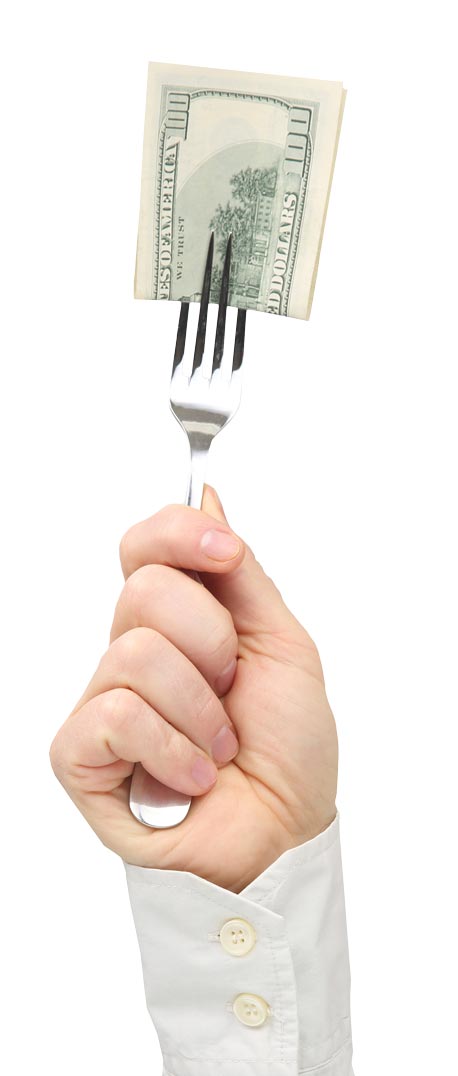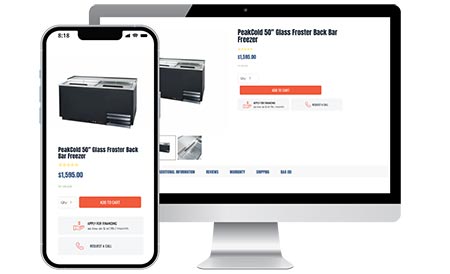We Are Your Restaurant Finance Experts
Financing can help you stock your kitchen for success
Financing can help you stock your kitchen for success
If You Sell Equipment, We Want to Help You Finance It
There is no cost to join our Vendor Program, and the benefits are clear. Our team makes offering lease financing easy and effective.
Why Choose TimePayment?

Increase Sales With Financing
Our finance programs are designed to empower businesses of all sizes and strengths, including new entities. We can help the customers other financial institutions refuse, with transactions starting as low as $500.*
Close Faster & Get Paid Faster
For transactions above $25K, you will receive a credit decision within 4 hours. Same-day funding is available; receive your payment after transaction closure.*
Approve More Businesses
TimePayment has programs for a wide range of business and ownership backgrounds—from pop-ups and mom-and-pop shops to decades-old, multi-location eateries. We can even help businesses with challenged credit.*
Experts in the Restaurant, Bar & Food Industry
In an environment where most financing companies shy away from restaurants and bars, TimePayment has a long-time commitment to your industry.
*Some exclusions apply.
Equipment We Can Finance
Bar & Beverage
Commercial Blenders
Coffee & Tea Brewers
Espresso Machines
Draft Beer Dispensing Systems
Drink Fountains & Soda Guns
Underbar Ice Bins/Cocktail Units
Hot Water Dispensers
Beverage Coolers
Water Filtration Systems
Nitrogen Beer Tap Systems
Cooking Tools
Commercial Ovens
Griddles & Grills
Deep Fryers & Fryolators
Panini Presses & Toasters
Crepe Machines & Waffle Irons
Commercial Microwaves
Ranges & Range Hoods
Rotisserie Ovens
Charbroilers & Smokers
Ice Machines
Walk-In Freezers
Chest Freezers
Walk-In Coolers & Lockers
Reach-In Refrigerators
Coolers & Glass Frosters
Wine Storage Chillers
Humidors
Point of Sale Systems
Signage
MICROS Systems
Restaurant Furniture
Lighting Fixtures
Accounting & Payroll Software
Televisions & Audio Systems
Restroom Vending Machines
Hand Dryers & Laundry Machines
Cleaning Equipment
And More…
Benefits for You & Your Customers
Increase Sales Faster with Equipment Lease Financing
TimePayment makes your equipment easier to buy. Our innovative tools integrate simply into your website and sales processes so you can sell more, faster.

Your customers can establish and build business and personal credit.
Generate revenue from newly financed equipment while it pays for itself.
Your customers’ business equipment purchases could be tax deductible. Customers are encouraged to talk to their tax professional.
Your customers can keep their cash on hand for essential business needs.
Technology For Every Platform

Ready to Get Started?
With rapid credit decisions, a clear online process, and comprehensive funding within hours, we have programs that can support your customers.
What We Hear From Customers
“The salespeople say my equipment purchases are too small for financing, so I usually have to use cash or credit cards for equipment under $10,000.”
“Financing companies are not able to meet the needs of the $20,000 Furniture, Fixtures, and Equipment (FF&E) for restaurants. Banks think that deal size is beneath them… We lose business because we can’t offer financing on 70% or more of our invoices.”
It can seem like banks and other financing companies ignore many of the FF&E deals for the restaurant industry, especially when the average deal size is below $20,000. Not TimePayment. We want your business, we have financing programs that start at $500, and we can help you find a way to finance most of the equipment you need.
Contact Us: Restaurant & Franchise Vendor Support

Our custom funding programs enable equipment sellers to turn one-time transactions into long-term relationships. Our platform provides financing solutions to turn up-front costs into simple monthly payments.